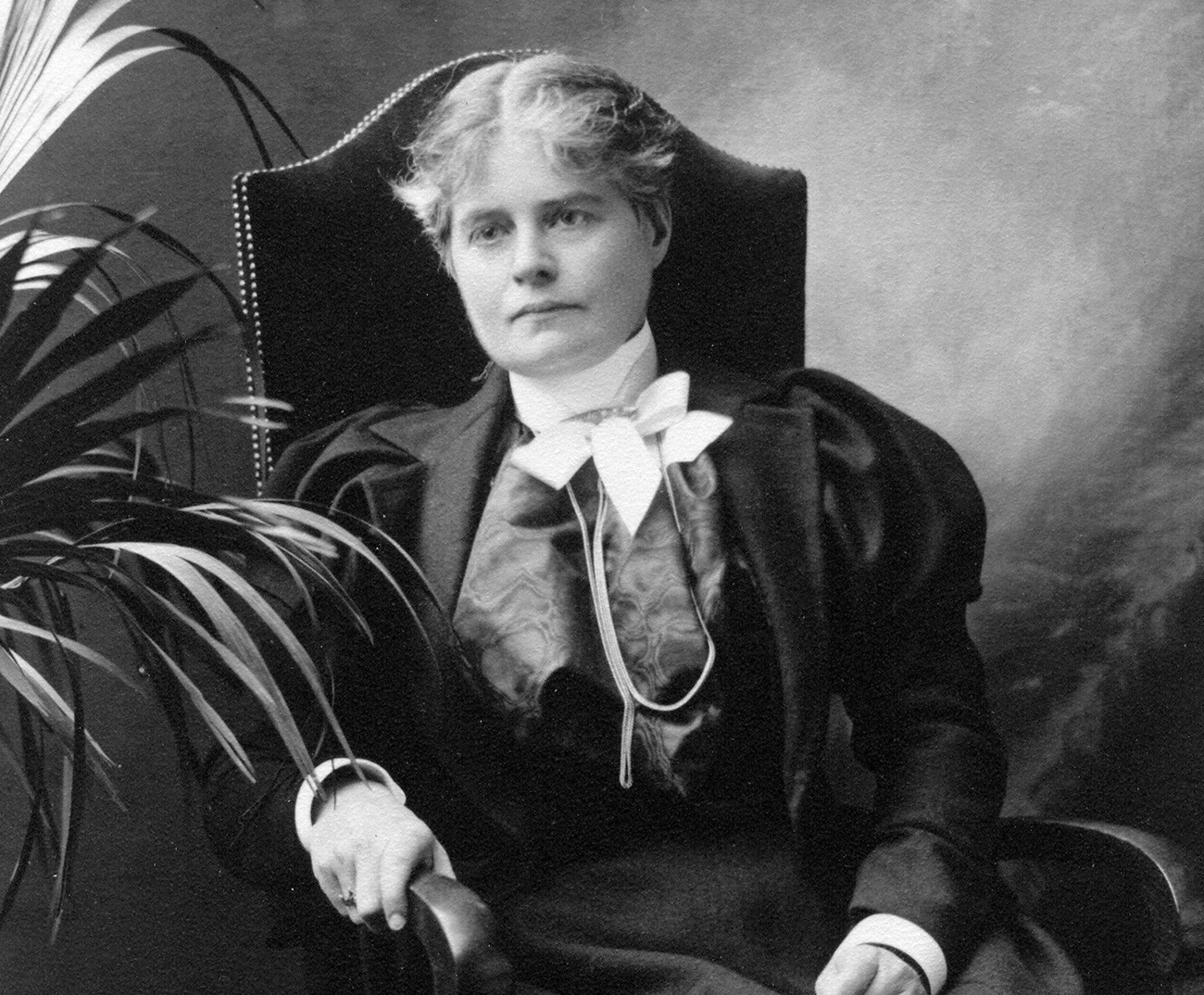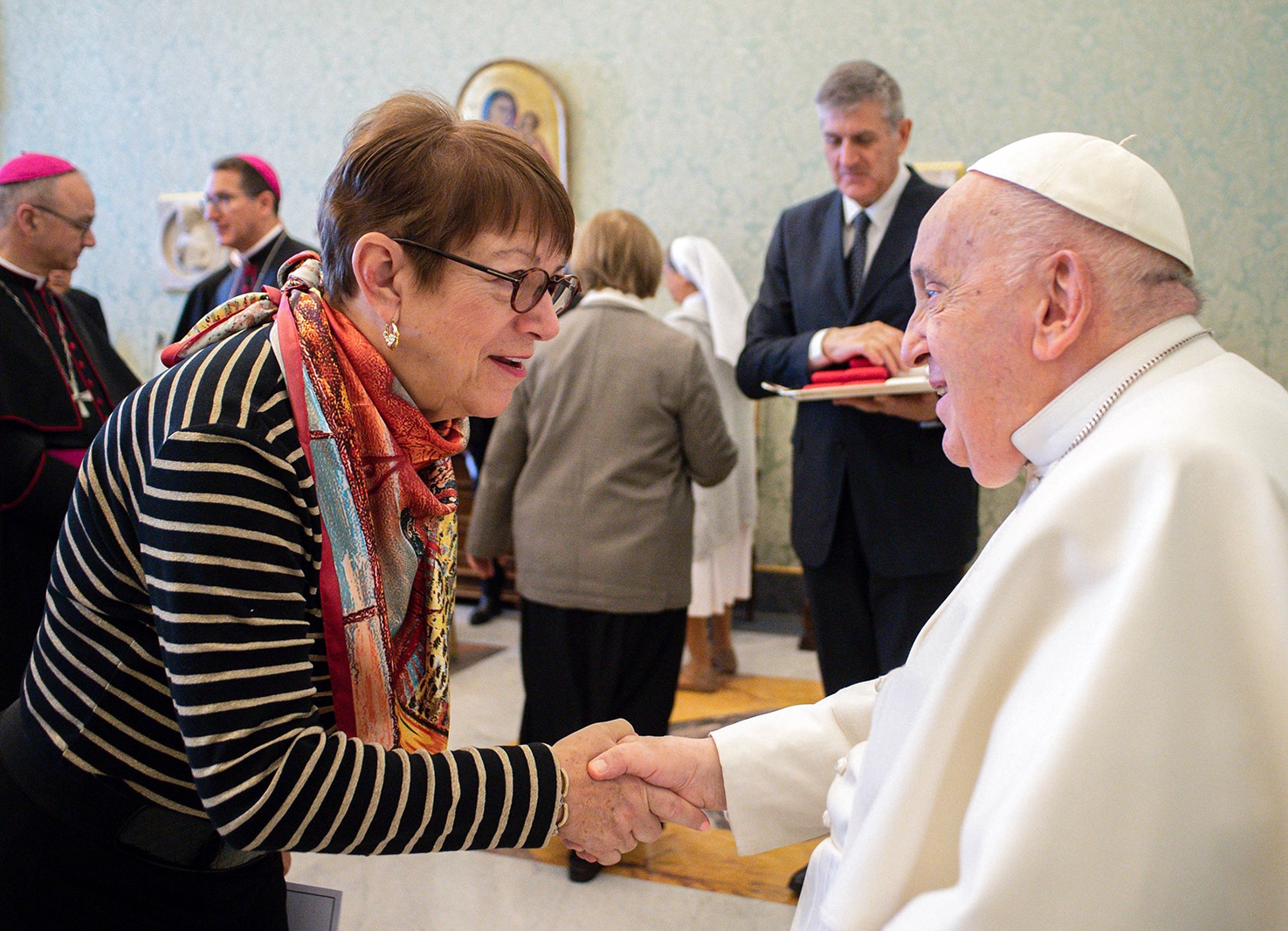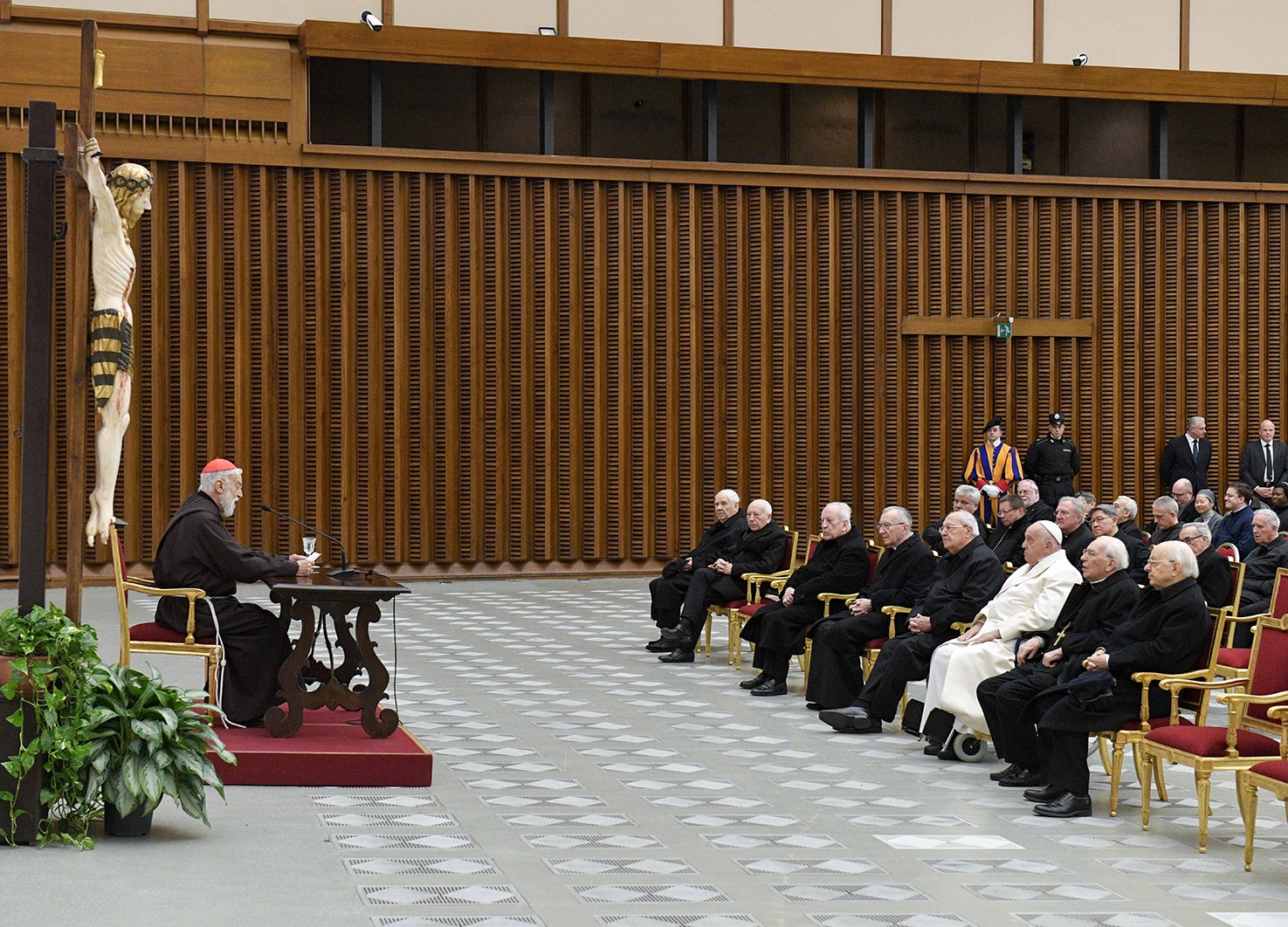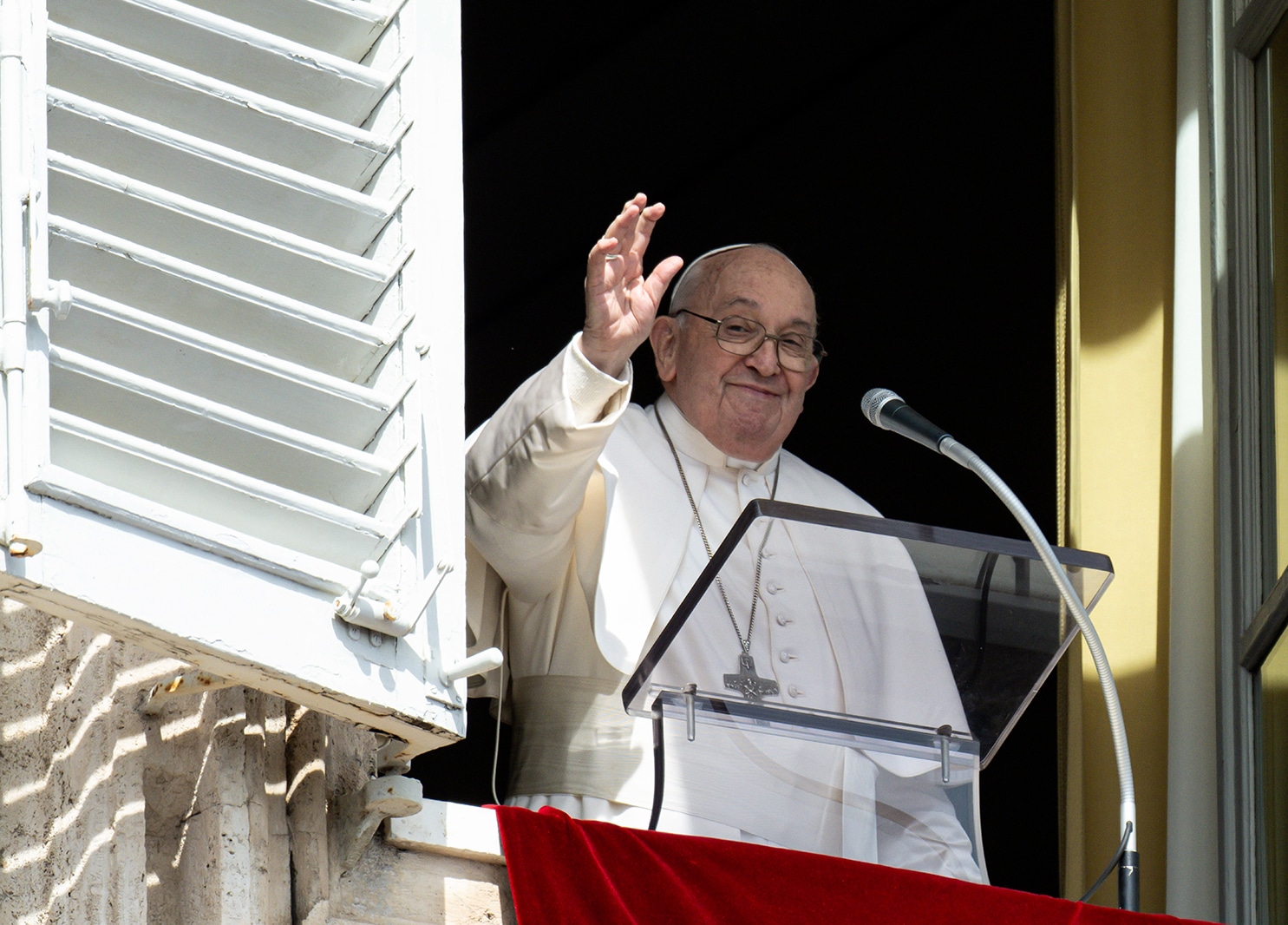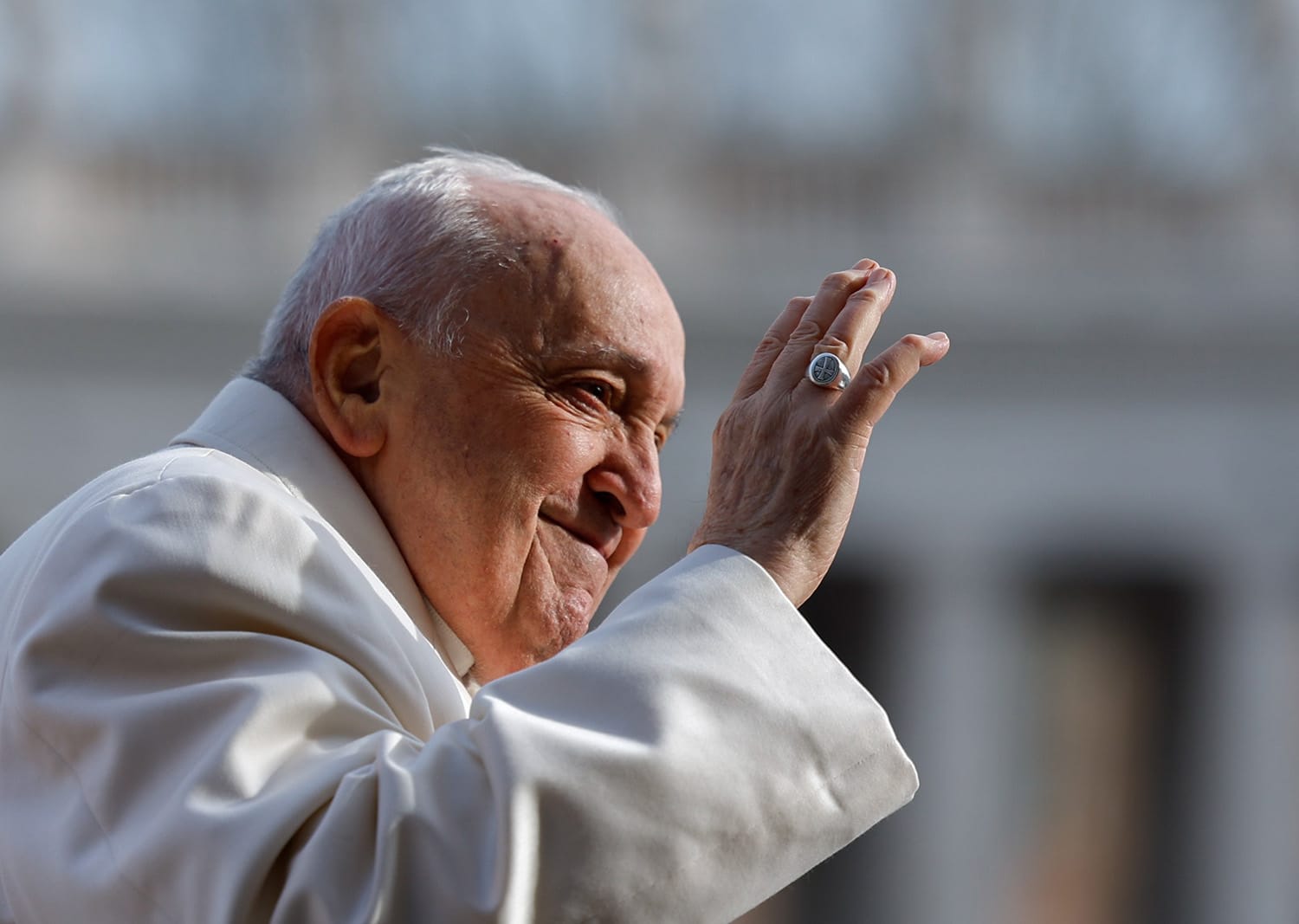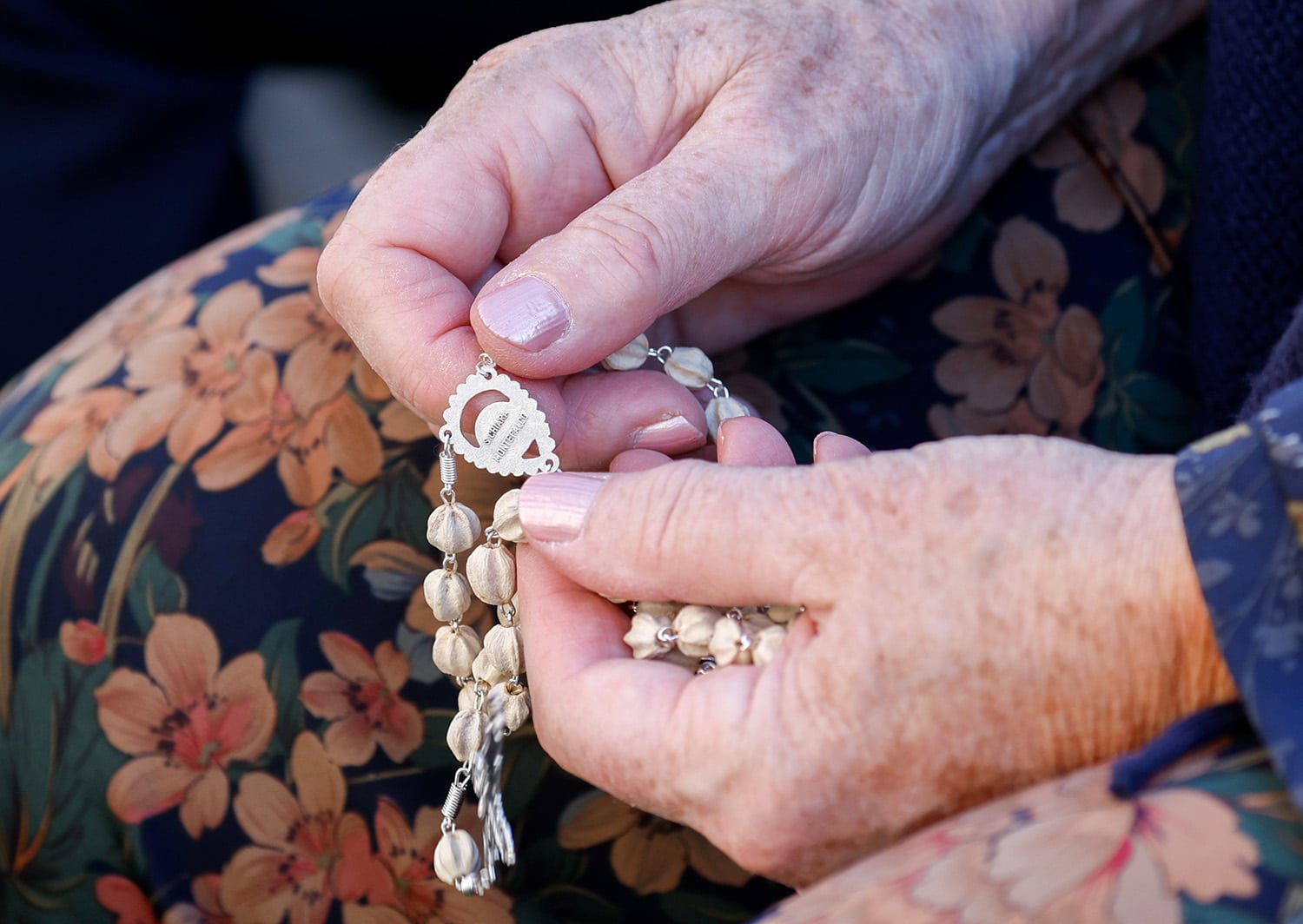VATICAN CITY (CNS) — Pope Francis has advanced the sainthood cause of U.S. Sister Rose Hawthorne, the daughter of Nathaniel Hawthorne, and he recognized the martyrdom of a German priest executed by the Nazis and a German nun and her 14 companions who were raped and murdered by Russian soldiers during World War II.
After Pope Francis met March 14 with Cardinal Marcello Semeraro, prefect of the Dicastery for the Causes of Saints, the Vatican published the list of decrees the pope approved in 12 sainthood causes.
The pope recognized the heroic virtues of Sister Hawthorne, who, born in 1851 in Lenox, Massachusetts, was the third and last child of novelist and short-story writer, Nathaniel Hawthorne. She and her husband, George Lathrop, converted to Catholicism, but they eventually separated after his alcoholism led to extremely violent behavior.
She moved to New York City to dedicate herself to charitable work, studied to become a nurse and cared for the poor afflicted with cancer.
After her husband died, she professed religious vows and became known as Mother Mary Alphonsa as she founded the Dominican Sisters of Hawthorne, the Congregation of Saint Rose of Lima. She established two homes where the sisters cared for the poor without charge, St. Rose’s in Manhattan and Rosary Hill in Hawthorne, the motherhouse, where she died in 1926.
Other sainthood causes
Pope Francis also signed decrees recognizing the miracle needed to clear the way for the beatification of two 19th-century priests and of Lebanese Patriarch Estephan Douaihy of the Maronite Catholic Church, who was credited with protecting the Maronite Church from Latinization in the 17th century.
He recognized the martyrdom of Father Max Josef Metzger, an ecumenist born in 1887 who became a peace activist after serving as a chaplain in World War I. During World War II, he was arrested several times by the Gestapo. He was sentenced to death and executed in 1944 after the interception of his memorandum to a Swedish bishop outlining how a defeated Germany could become part of a peace plan.
The pope also recognized the martyrdom of German Sister Mary Christophora Klomfass and 14 of her fellow sisters of the Congregation of the Sisters of St. Catherine, Virgin and Martyr, who were killed out of hatred for the faith between Jan. 22, 1945, and Nov. 25, 1945, during Russia’s invasion of Poland.
They were assaulted and raped by the soldiers; some of the sisters were killed immediately, some died after the severe violence they suffered, and some died of typhus in Russian concentration camps.
Martyrs do not need a miracle attributed to their intercession for beatification. However, a miracle must be recognized by the Vatican for them to become saints.
Other decrees signed by the pope attested to the heroic virtues lived by six servants of God, including Archbishop Ivanios Givergis Thomas Panikervitis. Born in 1882 in India, he was the first major archbishop of the Syro-Malankara Catholic Church and a pioneer of ecumenism in India before he died in 1953.
Among the others were three Italians — two laywomen and one religious — a 20th century Brazilian priest and Ante Tomicic, a Capuchin brother from Croatia. Born in 1901, he was devoted to eucharistic adoration, and after the communists took over his country, he continued to wear signs of his faith in public, provoking hostile and derisive remarks. He died in 1981.

